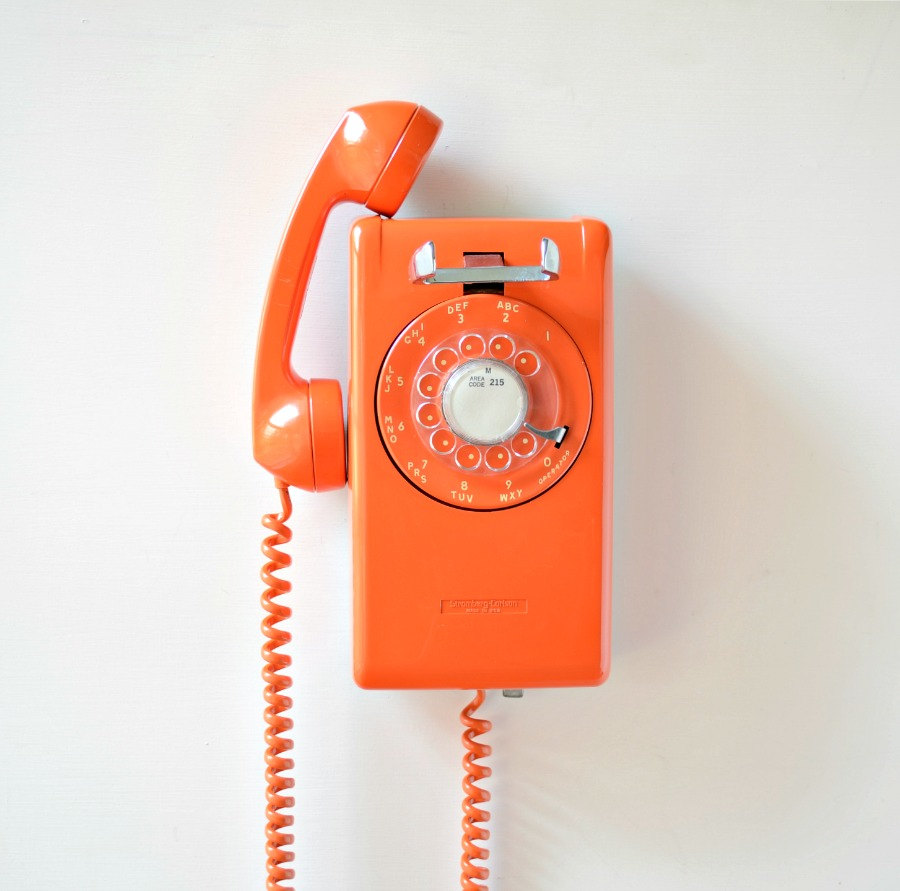- cross-posted to:
- [email protected]
- cross-posted to:
- [email protected]
I should apologize. This was me. I got that first USB-C only MacBook in 2015 and spent the next 8 years buying half a billion small tech items trying to connect different things to it.
On the other hand, there’s a lot fewer roadkill cassette tapes, unspooling on the side of the road into tangled brown snarls, than there were in the 1980s.
Wow! I completely forgot about that!
So sparkly though…
And 8-track tapes have finally gone extinct as roadkill.
And there is the IOT devices known as Internet Of Trash…
I bought a smart plug and smart light. I only bought one. After hooking them up to Alexa and resting it, I kinda forgot to continue using them.
Then a year ago I got rid of Alexa and then I forgot to install the app.
Fuck I’m part of the problem.
If you got paid for instead of paying for tech recycling, and it was more commonly available, people might recycle their electronics more often.
Here, you have to not only wait for a time limited program to roll around maybe once a year (but no guarantees), you also have to pay a (non-insignifigant) fee for them to take your shit.
You could be fined for throwing such items in the regular trash, but afaik, it’s not actually enforced.
Sir this is the internet, there is no “here”
Something, something, they just don’t make stuff like they used to!
This is the best summary I could come up with:
Nearly half a billion small electricals such as cables, lights, mini fans and disposable vapes, were thrown away last year, research from Material Focus has shown.
The average home also has thirty unused electrical items gathering dust, the research shows.
Based on the responses it calculates that 471m “Fast Tech” items were thrown away in the UK last year, including:
They all contain valuable raw materials, such as copper wires and lithium batteries, which can be recovered through the recycling process.
Every year consumers throw away 9 billion tons of cables, toys, vapes, novelty clothes and similar devices which they often don’t recognise as e-waste, according to research from the Waste Electrical and Electronic Equipment Forum.
It is funded by fees paid by electrical producers when they don’t meet their government recycling targets.
The original article contains 436 words, the summary contains 133 words. Saved 69%. I’m a bot and I’m open source!
This is why I won’t get a smart watch. If I can’t change the battery, then is disposable garbage. I’m looking at you Google Pixel Watch.
The big issue for me organizing. Stuff like USB sticks easily get lost so I never can find one when I rarely need it. I did a little organizing recently and I found 5 of them. I put them in a specific spot and now I know where to grab them. I gotta do it a whole lot more for the rest of my old cables and stuff.
All those iPhone lightning cables being thrown away, replaced by USB-C to save on e-waste.
Yes, the move to a standardised and more robust connector unironically will help cut down on waste.
And it’s not just iPhones affected, btw.
It will be cheaper/less waste in the long run as lightning cables are meant for single use before disposal. /s
They are real garbage though.
My apple OEM cables have only maintained connection for less than a month of cumulative use if they had to travel or do anything but sit unused on a shelf.





